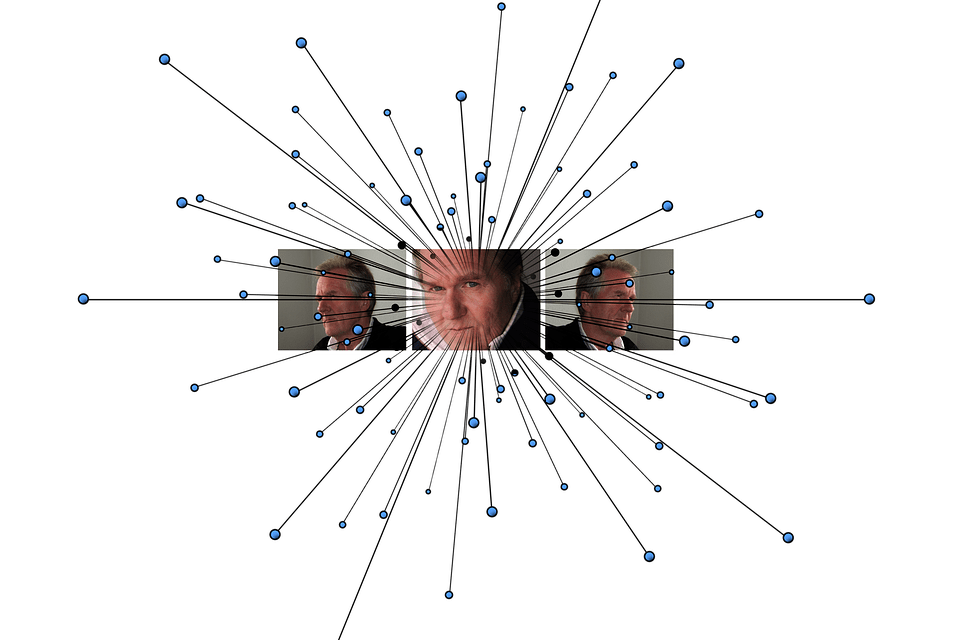Deep Learning Applications: From Healthcare to Finance
Introduction:
Deep learning, a subset of artificial intelligence (AI), has gained significant attention and popularity in recent years due to its ability to process large amounts of data and make accurate predictions. This advanced technology has found applications in various fields, including healthcare and finance. In this article, we will explore the deep learning applications in these sectors and discuss their potential impact.
1. Deep Learning in Healthcare:
a. Disease Diagnosis:
Deep learning algorithms have shown remarkable accuracy in diagnosing diseases. For instance, in the field of radiology, deep learning models can analyze medical images such as X-rays and MRIs to detect abnormalities and assist radiologists in making accurate diagnoses. This technology has the potential to improve early detection rates and save lives.
b. Drug Discovery:
Deep learning can significantly accelerate the drug discovery process. By analyzing vast amounts of data, including molecular structures and biological interactions, deep learning models can identify potential drug candidates and predict their efficacy. This application has the potential to revolutionize the pharmaceutical industry and bring new treatments to market faster.
c. Personalized Medicine:
Deep learning can help develop personalized treatment plans based on individual patient data. By analyzing patient records, genetic information, and other relevant data, deep learning models can predict the effectiveness of different treatment options for specific patients. This approach can lead to more targeted and efficient healthcare interventions.
d. Medical Imaging Analysis:
Deep learning algorithms can analyze medical images to detect and classify various conditions. For example, in dermatology, deep learning models can analyze skin images to identify skin cancer or other dermatological conditions. This technology can assist healthcare professionals in making accurate diagnoses and improve patient outcomes.
2. Deep Learning in Finance:
a. Fraud Detection:
Deep learning models can analyze large volumes of financial data to detect fraudulent activities. By identifying patterns and anomalies in transactions, these models can flag suspicious activities and help prevent financial fraud. This application is particularly crucial in the banking and credit card industries, where fraud prevention is a top priority.
b. Stock Market Prediction:
Deep learning algorithms can analyze historical stock market data to predict future trends and make investment recommendations. By considering various factors such as market sentiment, news articles, and financial indicators, these models can assist investors in making informed decisions. While stock market prediction is inherently challenging, deep learning has shown promising results in this domain.
c. Algorithmic Trading:
Deep learning can enhance algorithmic trading strategies by analyzing vast amounts of financial data and identifying profitable trading opportunities. By considering multiple variables and market conditions, deep learning models can make real-time trading decisions and optimize investment portfolios. This application has the potential to improve trading efficiency and profitability.
d. Risk Assessment:
Deep learning models can assess the risk associated with different financial transactions or investments. By analyzing historical data and considering various risk factors, these models can provide accurate risk assessments, enabling financial institutions to make informed decisions. This application can help mitigate potential risks and improve overall financial stability.
Conclusion:
Deep learning has emerged as a powerful technology with numerous applications in healthcare and finance. From disease diagnosis and drug discovery to fraud detection and risk assessment, deep learning algorithms have the potential to revolutionize these sectors. While there are still challenges to overcome, such as data privacy and algorithm transparency, the future of deep learning in healthcare and finance looks promising. As this technology continues to evolve, we can expect further advancements and improvements in these fields, ultimately benefiting society as a whole.




Recent Comments